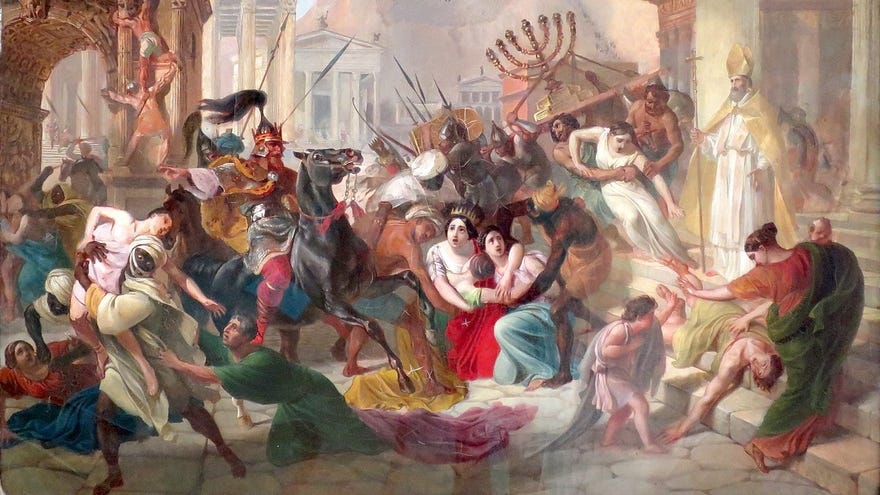Google, Netflix, Apple and Amazon are the "barbarians at the gate" of the games industry, says ex-Sony boss
Consolidation and rising costs also bad news
Former chairman of PlayStation Studios Shawn Layden has Thoughts and somewhat dire warnings about the videogame industry's future, though what exactly he means by "the videogame industry" is a little open to guesswork.
Speaking on stage with GamesIndustry.biz head Christopher Dring at GI's Investment Summit in Seattle, Layden listed three challenges the aforesaid industry must face. "First, consolidation can be an enemy of creativity," he said, referring to recent mass acquisitions and studio closures such as Volition's demise at the hands of Embracer Group, who have scooped up developer after developer in recent years, apparently more with a view to attracting investment than developing games.
"I also think rising costs in gaming are an existential threat to all of us," Layden went on. "And the entry of non-endemics into the sector - otherwise known as the 'barbarians at the gate.' Right now we see all the big players going, 'Oh, gaming? It's bringing in billions of dollars a year? I want a piece of that' And so we have Google, Netflix, Apple and Amazon wanting to get a piece and trying to disrupt our industry."
Let me attempt some inept thumbnail sketches of Layden's "barbarians" and their gaming endeavours. Of the four companies in question, Apple have arguably had the most success in the gaming world. Their App Store has long been a profitable hub for mobile titles, and the more recent boutique Apple Arcade subscription service seems to have a following, among games journalists at least.
Amazon, by contrast, have spent a boatload of money trying to establish a foothold in development to minimal avail. They launched their own Games division in 2012, with studios currently operating in San Diego, Seattle, Orange County and Quebec. Their bigger in-house projects include New World, which I've not played but understand to be sort of colonialism plus magic, a forthcoming Lord of the Rings MMO and the next Tomb Raider. Amazon are also rumoured to be working on a Steam competitor, called "Vapor". But despite hiring a number of luminaries such as Portal designer Kim Swift, they've struggled to produce a big hit. Amazon laid off around 100 people from their Games division this April.
Still, they're doing better than Google, who finally shut down their much-touted, long-ailing Stadia cloud gaming service in January - Kotaku has an extended inside report on the subject. Google do of course have their own, comparatively prosperous mobile gaming business, with a Play Pass subscription model. Last but not least, there's Netflix, which is creeping quietly along with a subscription service that includes recent indie darling IMMORTALITY, and a stable of acquisitions including Road Not Taken dev Spry Fox and Oxenfree developer Night School Studio.
Apple and Netflix, Layden reminded audiences, have already made mincemeat of the traditional music and movie industries. Apple "convinced everybody that 99 cents per song was a good idea", he said, while Netflix doomed many cinemas by "getting some content, getting some licences, and nailing it to your house". He's "hoping gaming will be the first industry where we disrupt ourselves, where it doesn't take a Google or an Amazon to completely flip the table. We should be smart enough to see these changes coming and prepare ourselves for that eventuality."
I am not a Business Head, as you've probably detected, but I have a bunch of feelings about this. I'm not particularly fond of any of the big firms Layden described, but then again, I view large corporations as functionally interchangeable in terms of their priorities and values, whether "endemic" or not. As Dring pointed out during Layden's keynote, Sony and Microsoft were themselves dastardly outsiders, once upon a time. I can still remember the brouhaha about PlayStation stealing players from Nintendo.
I've also recently been reading Brendan Keogh's (free open-source) book The Videogame Industry Does Not Exist, which argues that discussions like these frame "the industry" as a singular entity that encompasses all meaningful videogame production, and as such, omit the work of individuals and teams who make games according to a wholly different understanding of the videogame "field". Do you have any thoughts on the subject to share?

